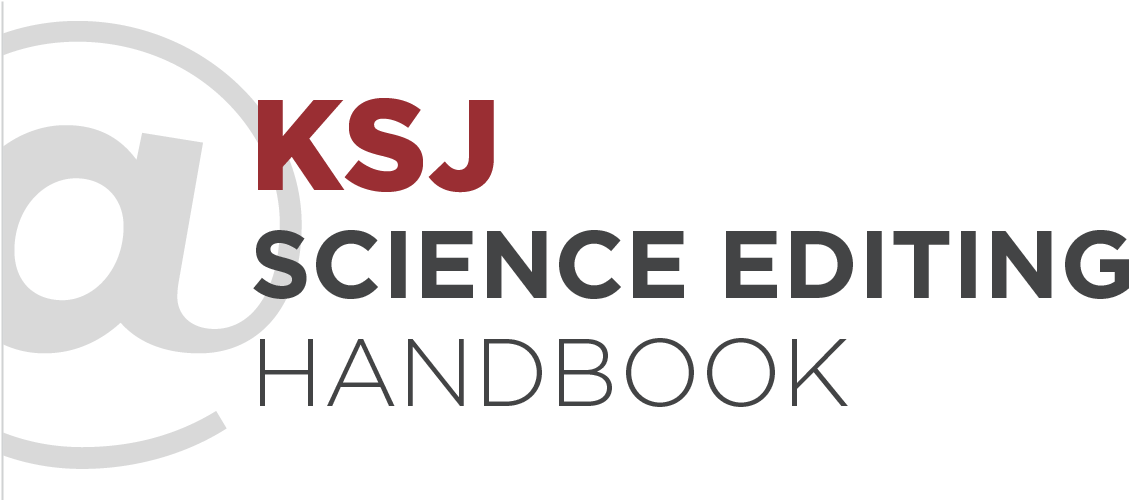Centering the Writer
By Ashley Smart / 2 minute read
A successful opinion piece demands not only a good, relevant idea but also the right writers — people who have the expertise or experience to bring unique perspective and insights to the conversation. They might be researchers who’ve spent their professional careers studying exactly the issues they’re proposing to write about. Or they might be journalists who’ve spent years reporting on the topic with an observer’s neutrality. Or they may be people who are not experts at all — at least in the traditional sense — but who have lived through experiences that help them see issues in ways others can’t.
One of the smartest things an opinion editor can do is keep an open mind. The opinion section represents a valuable opportunity to draw attention to people who might otherwise never get the chance to voice their own narratives in a publication. It is a chance to spotlight perspectives from marginalized communities, on a spectrum of political views. Even people who don’t think of themselves as writers at all may have interesting and relevant things to say.
In the best cases, the opinion pages level the playing field between the powerful and the relatively powerless, giving both an opportunity to be heard. Yes, politicians will have their takes on whether schools should close or remain open during a pandemic, but so will the high-school students, teachers, parents, staff, bus drivers, and others who must live with the consequences of those choices.
Whoever ends up writing an essay, it’s important to let the reader know who the writer is. I encourage — and sometimes require — writers to include a sentence or two early on in the essay that briefly describes their backgrounds and their relationships to the topic at hand. This serves a few purposes:
- It helps establish the writer’s credibility. It’s important to make the case for why a reader should take seriously what this particular writer has to say.
- It lays bare any conflicts of interest. If an essay calls for more funding to treat Guinea worm disease and the writer works for an institution that does Guinea worm research, it’s helpful for the reader to know those facts upfront, rather than find out later and feel that the information was kept hidden. Just as in news reporting, transparency about potential biases and conflicts of interest makes an opinion essay stronger.
- It gives the essay a more personal tone. Opinion essays are often most effective when they feel more like an intimate conversation than a lecture. Writers shouldn’t be afraid to use the first person, and to use it liberally.
It is almost impossible to separate the ideas in an opinion essay from the person who is presenting them. Lean into that reality — and use it to your advantage.


